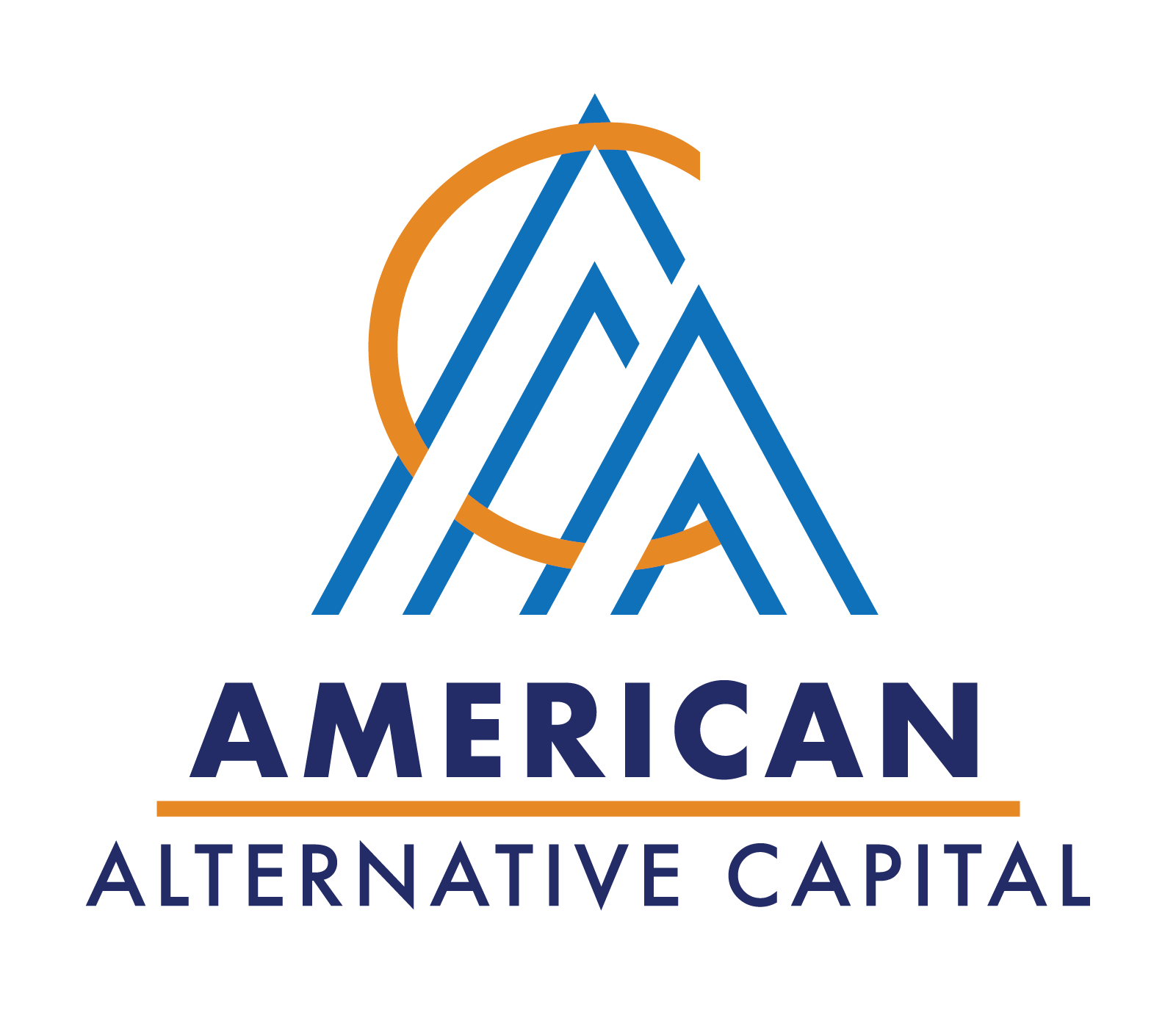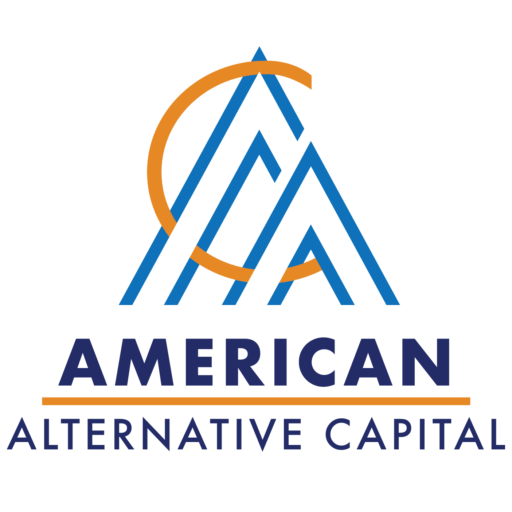Investments in securities are not suitable for all investors. Investments in any security may involve a high degree of risk and should only be considered by investors who can withstand the loss of their investment. Prospective investors should perform their own due diligence carefully and review the “Risk Factors” section of any prospectus, private placement memorandum or offering circular before considering any investment.
Investing in alternative assets involves higher risks than traditional investments and is suitable only for sophisticated investors. Alternative investments are often sold by prospectus that discloses all risks, fees, and expenses. They are not tax efficient, and an investor should consult with his/her tax advisor prior to investing. Alternative investments have higher fees than traditional investments and they may also be highly leveraged and engage in speculative investment techniques, which can magnify the potential for investment loss or gain and should not be deemed a complete investment program. The value of the investment may fall as well as rise and investors may get back less than they invested.
There are material risks associated with investing in DST properties and real estate securities including liquidity, tenant vacancies, general market conditions and competition, lack of operating history, interest rate risks, the risk of new supply coming to market and softening rental rates, general risks of owning/operating commercial and multifamily properties, short term leases associated with multi-family properties, financing risks, potential adverse tax consequences, general economic risks, development risks, long hold periods, and potential loss of the entire investment principal.
DST 1031 properties are only available to accredited investors or accredited entities. If you are unsure if you are an accredited investor and/or an accredited entity, please verify with your CPA and Attorney.
An accredited investor is typically defined as having a $1 million net worth excluding primary residence or $200,000 income individually/$300,000 jointly of the last two years; or have an active Series 7, Series 82, or Series 65. Individuals holding a Series 66 do not fall under this definition) and accredited entities only.
An accredited entity is typically a private business development company or an organization with assets exceeding $5 million; or if an entity consists of equity owners who are accredited investors, the entity itself is an accredited investor provided the organization was not formed with a sole purpose of purchasing specific securities.
Investments in commodities may have greater volatility than investments in traditional securities, particularly if the instruments involve leverage. The value of commodity-linked derivative instruments may be affected by changes in overall market movements, commodity index volatility, changes in interest rates or factors affecting a particular industry or commodity, such as drought, floods, weather, livestock disease, embargoes, tariffs and international economic, political and regulatory developments. Use of leveraged commodity-linked derivatives creates an opportunity for increased return but, at the same time, creates the possibility for greater loss.
Certain Qualified Opportunity Zone (QOZ) areas may not be able to appreciate as predictably as more established areas. Some neighborhoods may be more accommodating to development than others, impacting the success of the investment. Development and redevelopment of real estate traditionally have more risk than other types of real estate strategies. The availability and cost of construction and development financing is uncertain and represents a risk inherent in the execution of a QOF strategy. The rules and regulations of the QOZ Program are complex, compliance with the QOZ Program comes with significant challenges. QOFs tend to be illiquid investments for ten or more years. Any discussion regarding “Qualified Opportunity Zones” — including the viability of recycling proceeds from a sale or buyout — is based on advice received regarding the interpretation of provisions of the Tax Cut and Jobs Act of 2017 (the “Jobs Act”) and relevant guidance’s, including, among other things, two sets of proposed regulations and the final regulations issued by the IRS and Treasury Department in December of 2019. A number of unanswered questions still exist, and various uncertainties remain as to the interpretation of the Jobs Act and the rules related to Opportunity Zones investments. We cannot predict what impact, if any.
Offering examples are for illustration purposes only and do not constitute an offer to buy or sell securitized real estate investments. Current and future offerings may vary and may be significantly different than the examples herein.

